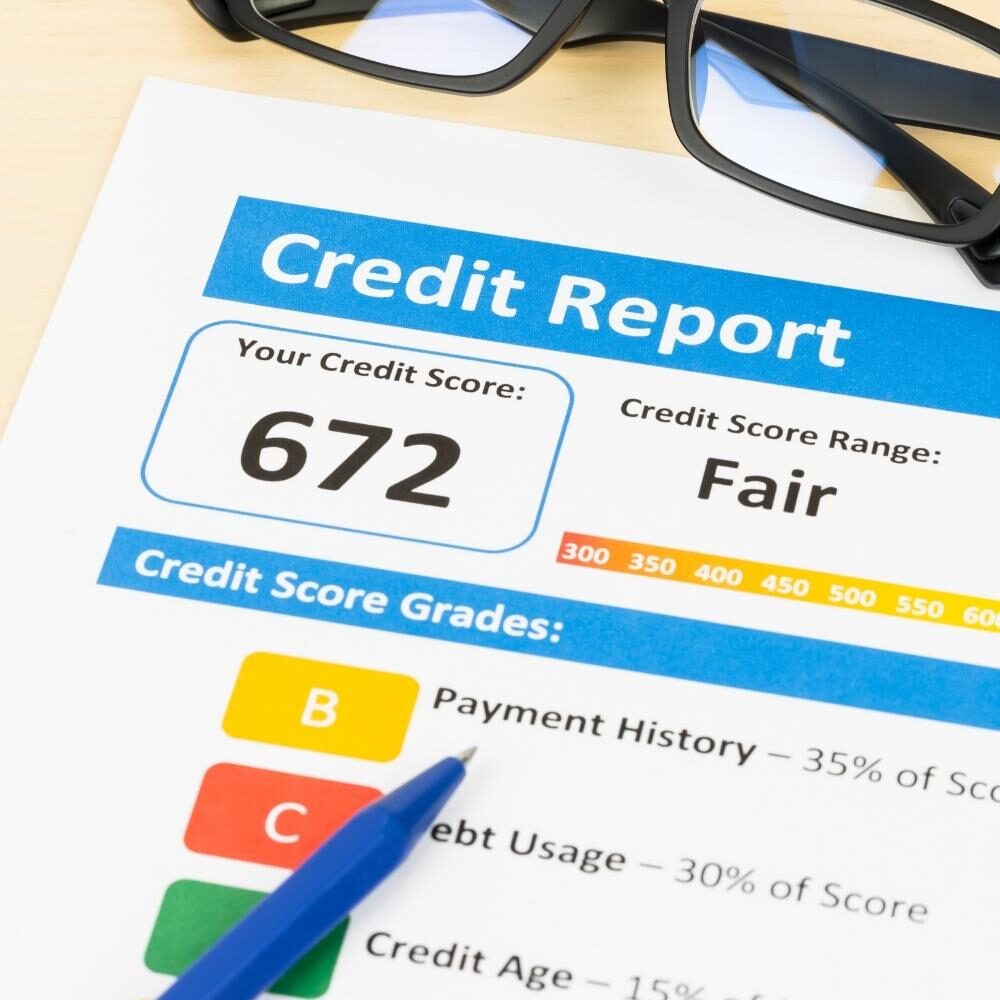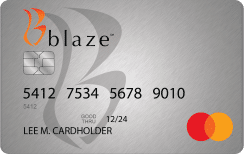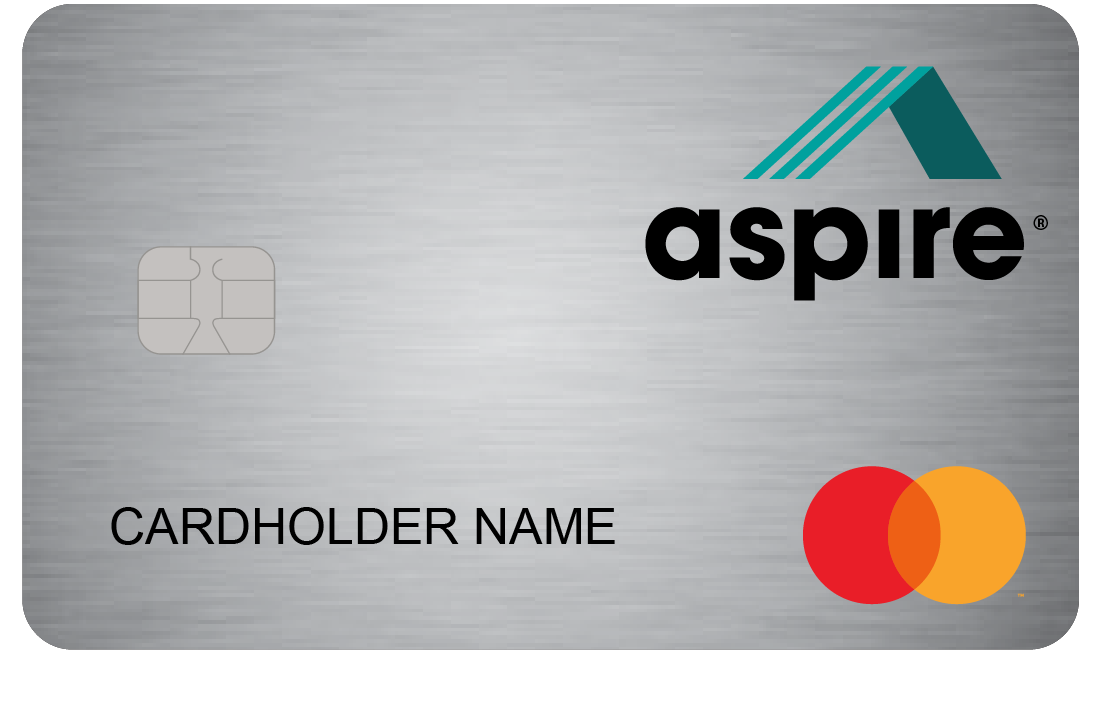
How to get a credit card with fair credit
It can be challenging to find a credit card when you have fair credit, as many card issuers require a very good or excellent rating. Plus, the credit cards available to you may lack benefits such as a sign-up bonus and have high-interest rates.
While the cards offered may be less appealing, starting with one can help you build your creditworthiness, and qualify for more advantageous credit cards down the road.
Comparing credit card offers for fair credit is fast and easy:
Compare Best Credit Card Offers
Best Credit Cards for Fair Credit of November, 2024
Not sure which credit card is right for you?
No worries, we've got you covered! Compare multiple credit card options to choose the best card for your needs.
What is considered fair credit?
According to Experian, 17% of Americans have a fair credit score. Typically, the base score ranges between 300 – 850. The main scoring system, FICO, considers a fair credit score to be between 580 – 669. Lower credit scores indicate a higher risk borrower where the lender may lack confidence in your ability to repay debt. A higher credit score can lead a lender to believe that you are a lower risk borrower where you are likely to repay your debts obligations on time, this can in turn lower your interest rate.
Many factors can impact your credit score. Some of these include payment history, your credit utilization rate, length of time you’ve been using credit, the total amount of debt you owe, and the number of credit inquires you make. Generally, your payment history and debt owed have a larger weighting in the calculation of your credit score.
Are credit cards available for individuals with fair credit?
Credit cards can be challenging to apply for when you have fair credit. While some card issuers may have high annual fees and interest rates, other issuers may have no rewards program. It’s a good idea to look for a credit card that can offset fees with rewards.
Card issuers that accommodate fair credit ratings include:
- Capital One Platinum Credit Card: With a high variable APR, the Capital One Platinum Credit Card is best for anyone that is going to pay off their full balance every month and avoid carrying balances over to the next month. There’s no annual fee and it’s possible to increase your credit line after 6 months.
- Milestone Mastercard: The annual fee ranges from $35 - $99, however, there are no rewards or perks to help you compensate for the fee.
- Journey Student Rewards from Capital One: This card is a great option for students looking for a credit card with no annual fee and up to 1% in cashback on all purchases.
- Indigo Platinum Mastercard: With an easy prequalification process, the annual fee ranges from $0 - $99 and you’ll receive a fast response on your application.
While the credit cards for fair credit can lack advantages and benefits, using your credit card responsibly over time can help to build your credit score and give you access to better credit cards in the future.
What is the easiest credit card to get approved for with fair credit?
The easiest credit cards to get approved for when you have fair credit are cards where no credit check is required. For instance, the OpenSky Secured Visa Credit Card. As a secured credit card, it differs from unsecured cards as a cash deposit is required upfront equal to your credit limit. The deposit is used as collateral if you miss a payment or default.
With a $35 annual fee and 17.39% APR, you can build your credit score quickly and choose to upgrade to an unsecured card.
How can I use a credit card to improve my fair credit score?
Using credit cards responsibly can help you increase your credit score and move up from fair credit, to good credit, to excellent credit. Here are the key factors that influence your credit score:
- Make payments on time: Your payment history makes up 35% of your FICO score and is, therefore, an important factor determining your creditworthiness. Pay your monthly credit card bills on time or given the high-interest rates, pay off your balance in full to avoid extra charges. As card issuers report to credit bureaus every month, this will help build up your credit score.
- Keep your credit utilization ratio low: Your credit utilization ratio or the amount you owe accounts for 30% of your FICO score. If you have a high balance relative to your credit limit, this can negatively impact your credit score. This is because, you may be overextended in debt, leaving you more likely to miss payments. It’s best to aim for a 20 – 30 % ratio or lower.
- Credit history: When you choose a credit card, it’s best to pick one for the long run and keep it active, as the average age of your accounts forms a significant part of your FICO score.
- Limit hard inquiries: Each time you apply for a credit card, a hard inquiry is performed which temporarily dings your credit score. When you apply for multiple credit cards at once this is likely to have an adverse effect, so it’s best to limit hard inquiries whenever you can.
- Check your credit report: Once you have your credit card, think about reviewing your credit report regularly to check for inaccuracies and also anything that may be hurting your credit score. If there are inaccuracies, be sure to get them corrected as soon as possible. Once you have the information, you can implement changes such as reducing balances on your credit cards to improve your credit utilization ratio or making payments on time.
How long does it take to improve my credit?
There is no exact timeline as to when you’ll see an improvement in your credit score, the key is to be patient and continue to make your repayments on time.
Every month lenders will contact the three major credit bureaus (Equifax, Experian, and TransUnion) and report your repayment habits and any increases or decreases in the amount owed. Positive credit behaviors can start to help improve your credit score within a few months. But this will depend on your credit history and the issues you’re looking to overcome.
Is it possible to get instant approval on a credit card with fair credit?
Yes, it is possible to get instant approval with fair credit. When you apply for your credit card, your application will be cross-checked with your credit history at one of the major credit bureaus.
If there are any red flags, such as late payments, bankruptcy, a high credit utilization ratio, or multiple recent hard credit inquiries, your application may be paused for further verification. This could take another week or two, and you may be required to provide further documentation to support your application.
If there are no red flags, you’ll receive instant approval for your credit card application.
Will I get a higher interest rate with fair credit?
Typically, the lower your credit score the less competitive the interest rate. In other words, you can expect to pay more interest on your credit card when you carry balances over to the next month. Your credit score and other risk factors will determine your final APR.
How to choose a credit card for fair credit
There is no one-size-fits-all when it comes to choosing your credit card as each card has its benefits. Here are some key factors to keep in mind during your search:
- Rewards: While your goal may be to improve your credit score, some card issuers offer rewards for fair credit cards which can help you offset the annual fees that you may incur. However, high reward cards tend to have a high APR. Therefore, it’s a good idea to pay off your balance in full each month for these cards to avoid high-interest charges.
- Fees: It’s worthwhile to pay an annual fee if you can make it back in rewards. If this is unlikely, it may be best to go for a card that has zero annual fees.
- Upgrades: As the average age of your account forms a significant part of your credit history, it’s a good idea to look for cards that have upgrade options where you can upgrade to a card that has better rewards as your credit score increases. These cards can have better rewards and a lower APR.
How to get a credit card with fair credit
When shopping around for a credit card, be mindful to consider your financial situation and assess your spending to choose the best card for you. A rewards-based credit card can be the best option if you’re likely to pay off your balance every month to avoid high-interest charges being carried over and you want to take advantage of rewards and perks while you improve your credit score. Alternatively, you may decide to go for a credit card that has a lower interest rate but no rewards.
It’s a good idea to compare multiple providers and choose the one that suits your financial needs as well as helps your creditworthiness.
Quick links

What Type of Credit Card Do You Need?
Find Best Credit Card Offers
Credit Cards By Category
0% APR Credit Cards
Airline Credit Cards
Balance Transfer Credit Cards
Business Credit Cards
Cash Back Credit Cards
Hotel Credit Cards
Low Interest Credit Cards
No Annual Fee Credit Cards
Prepaid Credit Cards
Rewards Credit Cards
Secured Credit Cards
Student Credit Cards
Travel Credit Cards
Credit Card Issuers
Capital One®
Chase®
Citi®
Credit One Bank®
Mastercard®
Visa®
ADVERTISER DISCLOSURE: PashaFunding.com operates as an independent credit card comparison/review website. We want to be transparent with our users and disclose that we may receive compensation from various card issuers when users acquire credit cards through our site. This compensation may impact the placement and display of products on our site, including their order within listing categories.
EDITORIAL DISCLOSURE: The content and reviews on PashaFunding.com are prepared by our in-house staff. We strive to provide accurate and up-to-date information, but we cannot guarantee the reliability of all credit card details. To review the specific terms and conditions for a particular credit card, please click on the "Compare Credit Cards" links, which will redirect you to the card issuer's website. It is important to carefully review all the information provided by the issuer before making any decisions.











